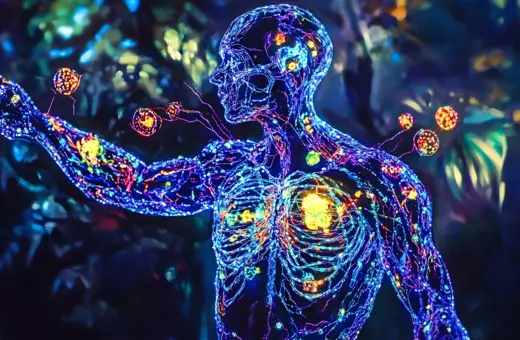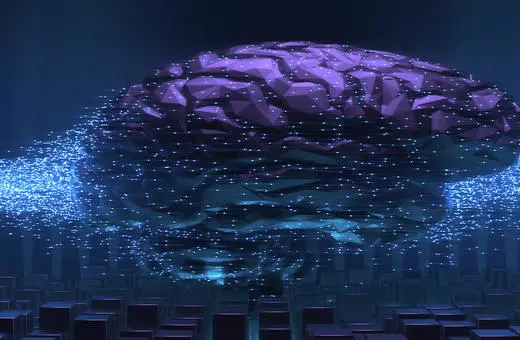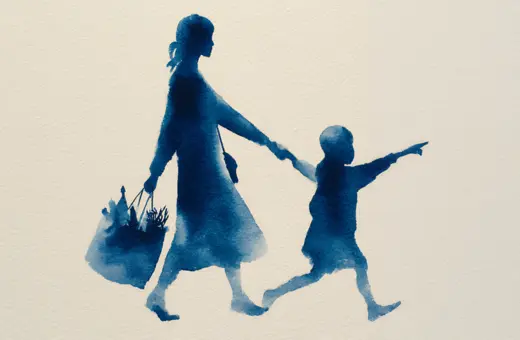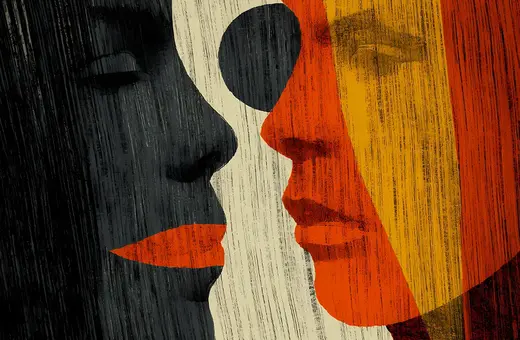We come into this world via pregnancy and birth. The emergence of new reproductive technologies promises that this will not always be the case. But many aspects of society and law are yet to catch up with the lived realities of diverse family formations that currently exist—let alone reflect how they might further diversify as a result of future technologies. This article explores the position of pregnant men and birthing fathers within changing legal landscapes, highlighting the regressive ideologies that are in tension with the present diversity of life. Feminist theorist Suki Finn argues we are exceedingly unprepared for today’s world, let alone equipped for future trajectories of new assisted reproductive technologies. The proposal: we shouldn't force people’s experiences to fit rigid frameworks, we should instead look at the experiences first, and build our philosophical concepts and legal definitions from there.
Becoming a parent
There are many ways to become a parent. Some do not involve giving birth—even within traditional heteronormative setups, there is a non-birth-giving parent who is usually identified as a father. There are also many ways to become a mother, some of which do not involve giving birth. Motherhood comes in many shapes and sizes, and is, as such, a multiply realizable state. Consider the various ways that people become mothers without being pregnant themselves: through adoption; via their partner’s children; from a surrogate arrangement; as lesbian parents... And given the developments of technologies that assist reproduction outside of the body, people may become mothers through pregnancies that are outsourced to machines of some form. It is in this sense of having multiple ways to become a mother that motherhood is said to be a multiply realizable state. Likewise, there are many ways to become a woman. Womanhood may be multiply realized via an innate sense of gender identity, a lived experience of being treated or perceived a certain way, having particular chromosomes, genitalia, reproductive capacities, or other sex characteristics that may have contributed to your birth certificate assignment, and where transitioning medically or legally, serves to aid recognition of some of the various ways that one can become a woman.
___
If we start with an extensional understanding to see where the terms apply in practice—i.e., where they are multiply realized—then we are more likely to end up using the terms in ways that pick out the intended individuals that use those terms in their lives.
___
Given this multiple realizability of womanhood and motherhood (which do not necessarily align with each other), how are we to understand or define the meanings of these terms? Philosophically, there are various methods. Let us here consider two: intensional and extensional. The intension provides a formal definition of a concept like “mother,” where an intensional meaning consists of a description that individuals must satisfy for the concept to apply (say, by being a woman and having a child). On the other hand, the extension provides the range of applicability of a concept like “mother,” where its extensional meaning consists of the individuals that the concept denotes (so, all the mothers that there are). In other words, an intension picks out the attributes and the extension picks out the things, prizing apart what a term “connotes” (suggests or implies beyond its literal meaning) and what it “denotes” (the specific things it refers to) respectively. Our intensional descriptions or definitions of motherhood provide us with one way of understanding its meaning, and our extensional referents of the mothers provide us with another way of understanding who is captured by the term—sometimes these do not coincide.





















Join the conversation